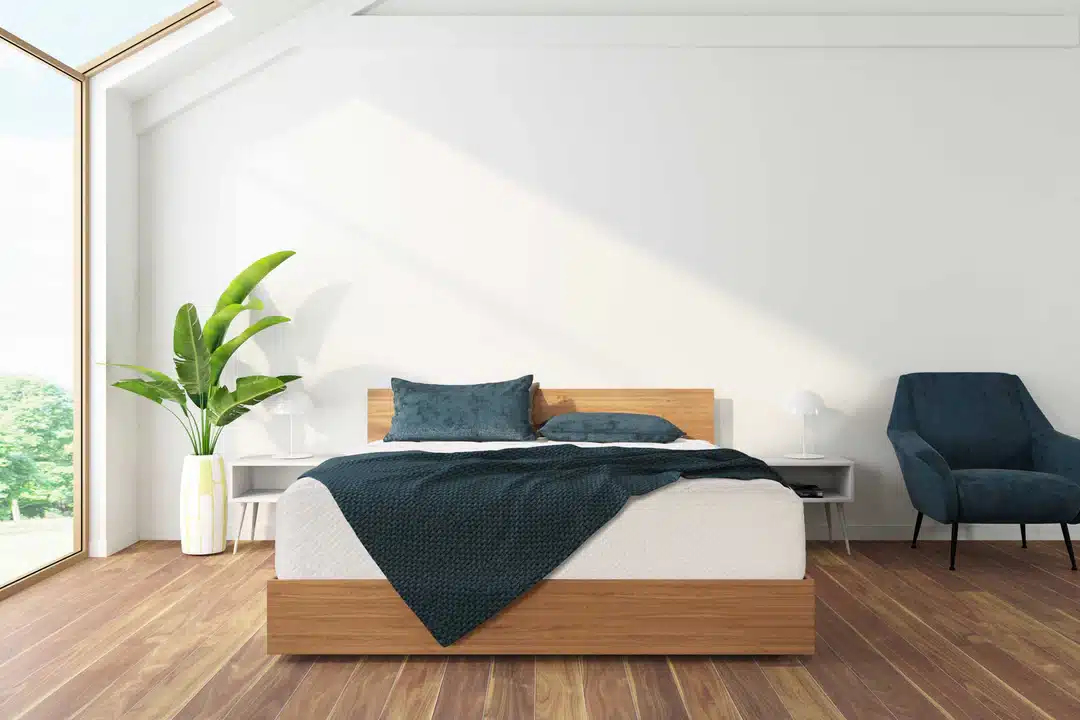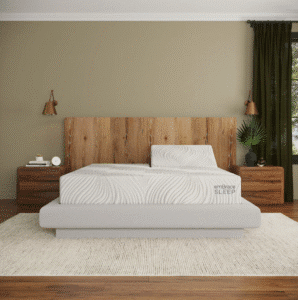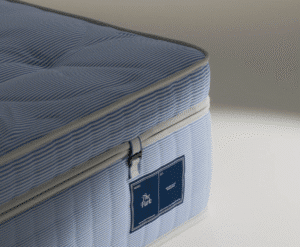How to Improve Your Sleep Quality with COVID in 5 Easy-to-Follow Steps
How to sleep when you have COVID is an urgent concern for many facing this illness. The pandemic has disrupted our lives, affecting sleep patterns and overall well-being. In this article, we’ll explore five essential tips to help you navigate these challenges and improve your sleep quality during COVID-19.
Understanding the Impact of COVID-19 on Sleep Quality
COVID-19 can significantly disrupt sleep, leading to insomnia and anxiety, which can worsen fatigue and weaken your immune response. A study revealed that approximately three-quarters of individuals with even mild COVID-19 symptoms experience sleep disturbances. Sleep is critical for recovery; without adequate rest, fighting off the virus becomes more challenging. I’m Ben Trapskin, founder of Yawnder, and after battling my own sleep issues, I’m passionate about sharing effective strategies for improving your sleep quality, especially during this pandemic.
1. Optimize Your Sleep Environment
A comfortable and quiet sleep environment is foundational for quality rest. Here are some strategies to enhance your sleeping space:
Control Room Temperature
Aim for a cool room temperature, ideally between 65 and 70 degrees Fahrenheit. Use a thermostat, open windows when it’s cool outside, or rely on fans and air conditioning to maintain comfort.
Manage Light Exposure
Light significantly influences your sleep cycle. Utilize blackout curtains to eliminate unwanted light and expose yourself to natural light in the morning to help reset your circadian rhythm. In the evening, switch to softer lighting to signal that it’s time to wind down.
Reduce Noise
External noises can be disruptive. Consider a white noise machine to mask sounds, or try earplugs for a quieter environment. Adding rugs or soundproofing elements can further help dampen noise levels.
2. Establish a Consistent Sleep Routine
Consistency boosts your sleep quality, especially when battling COVID-19. By sticking to a regular sleep schedule, you can better regulate your body’s internal clock.
Stick to a Sleep Schedule
Wake and sleep at the same time daily to set your internal rhythm. Resisting the urge to sleep in during weekends can help maintain this routine, allowing for more natural sleep and wake cycles.
Create a Calming Bedtime Ritual
Engage in soothing pre-sleep activities that help signal to your body that it’s time to wind down. Taking a warm bath or shower, listening to calming music, or enjoying a quiet book can significantly ease the transition to sleep.
3. Practice Relaxation Techniques
Stress and anxiety can hinder sleep, especially in times of illness. Implementing relaxation techniques can help calm your mind and body.
Breathing Exercises
Incorporate deep breathing sessions into your evening routine. Techniques such as the 3-3-3 method, where you inhale, hold, and exhale for three seconds each, can enhance relaxation. Box breathing, which involves longer counts, can also contribute to a tranquil state of mind.
Meditation and Gentle Yoga
Both meditation and light yoga are effective in reducing stress. Consider guided meditation apps or gentle stretching routines that focus on relaxation, such as Child’s Pose or Corpse Pose.
4. Avoid Sleep Disruptors
When managing COVID-19, steering clear of common sleep disruptors becomes even more crucial.
Limit Alcohol and Caffeine
Both substances can significantly interfere with sleep cycles. Avoid alcohol consumption within four hours of bedtime and cut off caffeine at least six hours before you plan to sleep.
Manage Meal Timing
Avoid large or spicy meals close to bedtime, as they can lead to discomfort. Instead, opt for light, easy-to-digest snacks if needed, such as nuts or fruit.
Reduce Screen Time
Digital devices emit blue light, which can disrupt melatonin production. Turn off screens at least one hour before bed to help your body prepare for restful sleep.
5. Use the Prone Position for Better Breathing
Breathing can become difficult when dealing with COVID-19, but using the prone position—lying face down—can improve lung function and oxygen levels.
Techniques for Comfort
When employing the prone position, use pillows for support under your hips and shins, and switch head positions periodically to avoid strain. This technique can facilitate better lung expansion and quicken recovery processes.
Conclusion
As we navigate the ongoing challenges of COVID-19, prioritizing sleep quality is vital for recovery and overall health. By optimizing your sleep environment, practicing relaxation techniques, and avoiding common disruptors, you can significantly enhance your sleep quality, even in these difficult times.
By making sleep a priority, you improve your immune response and aid your recovery from COVID-19. Remember, while the pandemic may feel overwhelming, the necessity for restorative sleep remains ever-present. For additional tips on improving your sleep quality and choosing the right mattress, explore our budget-friendly memory foam mattress options. Stay safe, take care, and prioritize your sleep!


















